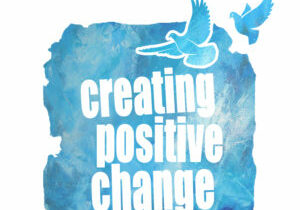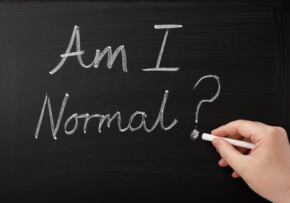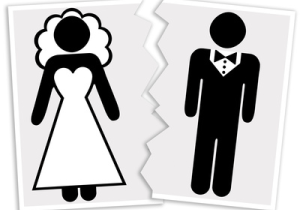Depression is complex. It can have many causes and many different solutions. Contrary to popular belief, most depressions are not caused by biological factors, and depression medication will not be the most effect treatment approach.
Help For Depression
What types of therapies or treatments are available for depression?
At Plantation Counseling & Wellness we offer a range of proven therapeutic approaches that have demonstrated remarkable efficacy in alleviating the burdens of depression. Cognitive Behavioral Therapy (CBT) stands as a cornerstone, aiding individuals in reshaping negative thought patterns and fostering healthier behaviors. Our compassionate therapists also specialize in Psychodynamic Therapy, Dialectical Behavior Therapy, Humanistic Person-Centered Therapy, Reality Therapy and Rational Emotive Behavior Therapy.
Our physicians at Plantation Psychiatry can also offer medication for depression.
For those seeking holistic healing, Mindfulness-Based Therapy cultivates present-moment awareness, and Behavioral Activation Therapy helps boost those feel-good chemicals in your brain.
Through these diverse modalities, we ensure that each individual finds a personalized path towards healing, guided by our expertise and unwavering support.


Do I Need Therapy or Medication For Depression?
Psychotherapy stands as an invaluable beacon of help for depression, offering an alternative or complementary approach to the conventional depression medication route. At the forefront of these therapeutic techniques is Cognitive Behavioral Therapy (CBT), renowned for its effectiveness in alleviating depressive symptoms. It serves as a powerful tool for individuals trapped in the suffocating grasp of depression, guiding them to reimagine their thoughts and reshape their behaviors. Through CBT, individuals can skillfully navigate the labyrinth of negative thinking patterns, ultimately enabling them to discover a renewed perspective on life. Similarly, Dialectical Behavior Therapy (DBT) emerges as a gold standard for treating depression, particularly when intricate emotional regulation challenges arise. In the capable hands of the best therapist in Broward County, these evidence-based therapies offer a roadmap for those who dare to embark on a journey toward profound self-improvement.
Imagine a life where the weight of depression begins to lift, its suffocating grip gradually releasing its hold on your mind and emotions. Through psychotherapy, this vision transforms into an attainable reality, helping individuals unearth the roots of their suffering and develop the tools to overcome it. As you traverse the path of healing with the guidance of a seasoned therapist, you embark on a voyage of self-discovery. Together, you navigate the intricate landscape of your thoughts, uncovering the distortions that have perpetuated your depressive state. This collaborative effort, backed by decades of research and refined techniques, becomes the cornerstone upon which you can truly imagine, and eventually achieve, a life liberated from the clutches of depression.
In essence, psychotherapy offers an opportunity not just to improve mental health, but to entirely transform it. By integrating the potent methodologies of CBT and DBT under the adept guidance of a skilled therapist, individuals can ignite the flames of positive change within themselves. This journey toward wellness encompasses envisioning a future where depression's shadows no longer dominate, where a life filled with vitality and contentment takes center stage. So, take that bold step, and let psychotherapy illuminate your path to a brighter, happier existence.


The Best Depression Counseling Can Help!
- Have you found yourself losing interest in activities that used to bring you joy, or struggling to feel enthusiastic about anything?
- Do you often experience a pervasive sense of emptiness or sadness that seems to linger regardless of external circumstances?
- Have your sleeping patterns changed, leaving you either unable to sleep or wanting to sleep excessively?
- Do you frequently feel fatigued or lacking in energy, even when you haven't engaged in physically demanding tasks?
- Are simple tasks becoming increasingly difficult to accomplish, leaving you feeling overwhelmed by even the smallest responsibilities?
- Have you noticed a decline in your self-esteem and feelings of worth, perhaps even harshly criticizing yourself for perceived shortcomings?
- Are you grappling with a persistent inner critic, whose voice seems to amplify negative thoughts and hinder your ability to see a positive future?
It's important to note that while these questions can serve as a starting point for recognizing depression and dysthymia, a formal diagnosis and guidance from a mental health professional are essential for accurate assessment and effective treatment.

























